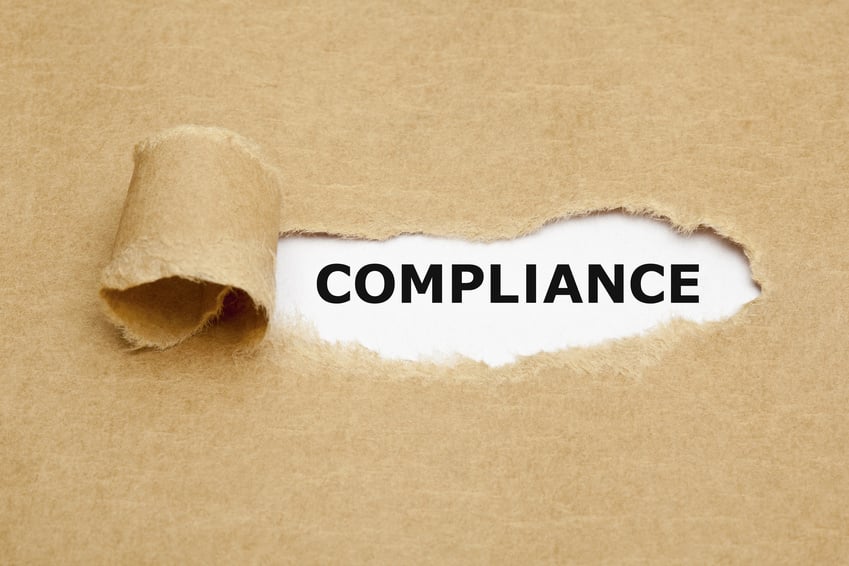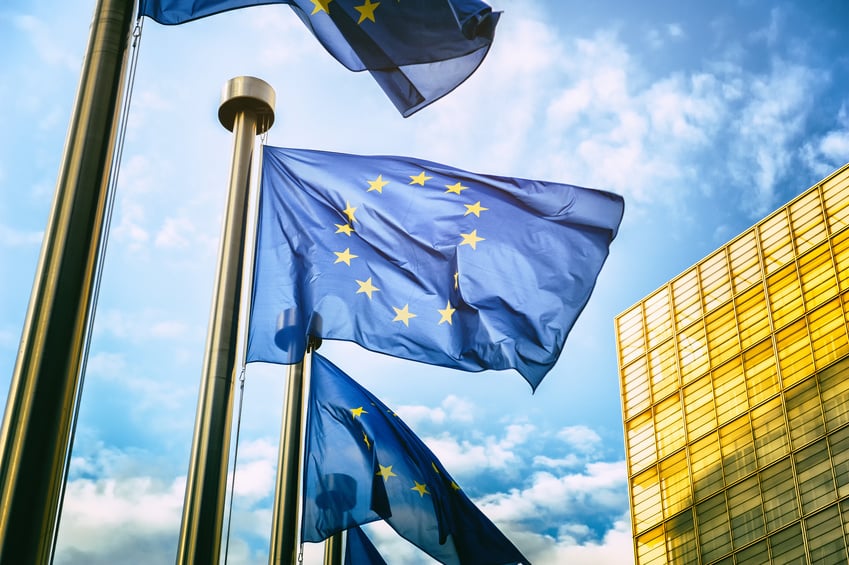Across the globe, tax is at the top of the agenda in newsrooms and boardrooms alike, owing to a marked rise in the number of cases being contested. New research Baker McKenzie recently conducted shows that the amount of tax globally under dispute is so large that it wipes out…
On October 7, 2017, the EU Commission published its updated study on corruption in the EU healthcare sector. Companies in the healthcare industry should rethink their policies and procedures based on the results of this Europe-wide study.
20 EU Member States agreed to implement the European Public Prosecutor’s Office, a new European institution for the prosecution and investigation of crimes against the EU budget.
We have summarized the results of the compliance studies of the past 12 months and summarized the results in this post. Find out how you measure up against the benchmark.
On May 31, 2017 the Russian President signed a Decree on repeal of a number of foreign trade measures against Turkey. The Decree repeals several prohibitions.
On 25 April 2017, the Kyiv office of Baker McKenzie held a webinar on implementing efficient compliance programs in Ukraine for multinational companies and featured an update on Ukrainian sanctions and trade restrictions, including trade restrictions introduced in relation to Russia and the Crimea, as well as an update on Occupied Territories in the East of Ukraine.
The Municipal court in Prague ruled that criminal proceedings against a company will be terminated because the company “has used all efforts to prevent the commitment of the crime” by one of its managing employees and therefore fulfilled the conditions for its exculpation.
The Polish Office of Competition and Consumer Protection confirmed that it has launched a pilot programme intended to acquire information from so-called whistleblowers.
On 2 March 2017 the National Agency on Corruption Prevention approved the Typical Anti-Corruption Programme for Legal Entities. Certain legal entities must adopt an Anti-Corruption Programme in line with the Typical Programme.
On 24 January 2017, the European Parliament’s Committee on International Trade approved the the Conflict Minerals Regulation. This paves the way for the text to be formally adopted by the EU institutions in the coming months.

